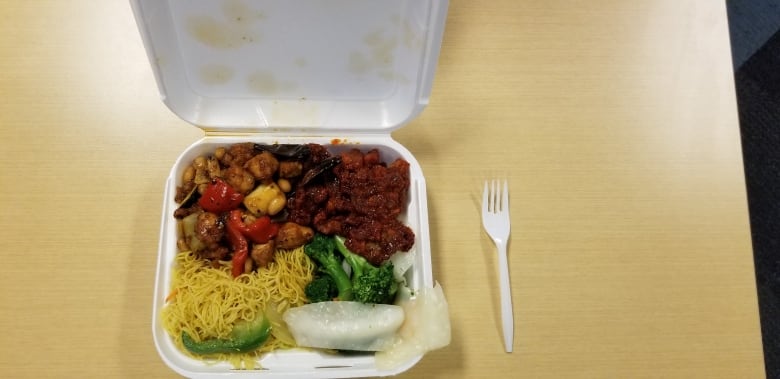Vancouver to postpone ban on straws, Styrofoam and other single-use items
Ban was originally set to start on June 1

With Styrofoam takeout containers, plastic straws and disposable coffee cups everywhere in the food industry, the speed of the move to ban single-use items in Vancouver is running into resistance.
Last May, the city voted to eliminate these kind of single-use items as part of the Zero Waste 2040 strategy and was set to introduce a ban on June 1.
But at a meeting Monday night, council approved a recommendation by city staff that the ban be postponed until April 2020.
Ian Tostenson, the CEO of the B.C. Restaurant and Food Association, says the delay is needed to give the industry time to get on board.
"We just need a little more time to figure some stuff out," he told Stephen Quinn, the host of CBC's The Early Edition.
"This is really not about an industry that doesn't want to do it. The industry needs to figure out how to do it properly and cost-consciously."
Part of the issue is the cost to businesses of switching to more expensive biodegradable items, he said.
A biodegradable clamshell take-out container, for example, costs about 20 cents whereas a Styrofoam container costs less than one cent.
Other businesses are still trying to figure out alternatives that will work with what they're selling.
"Bubble tea shops haven't been able to figure out yet a straw that works for bubble tea," Tostenson said. "Probably every bubble tea shop tomorrow, with the ban, would go out of business."

Pushing for a shift
For those running a food truck, however, there has never been a choice about going biodegradable and compostable.
"We started out with these products — we were never using Styrofoam," said Yasmin Ghafarri, owner of Melt City Grilled Cheese Food Truck.
"It was actually a rule, so that you didn't see tons of garbage piling on the streets."
Food trucks build that into their operating costs, she said, or provide incentives for customers to bring their own reusable take-out containers.
Switching away from single-use items is a "cultural shift" Ghafarri hopes to see in the restaurant industry — but that will take government involvement, she says.
"There might need to be some incentive from the city to encourage people and businesses to use better products," she said.
"There's a lot that the city can do considering that, with the food truck program, it was easy to make us all use these types of materials."
With files from The Early Edition